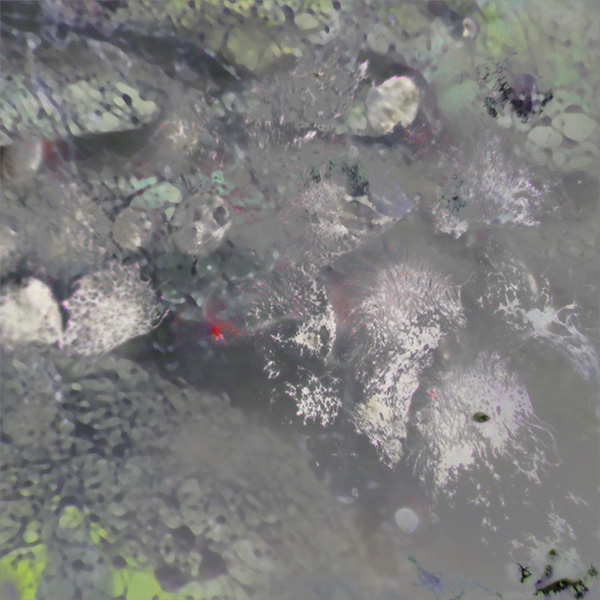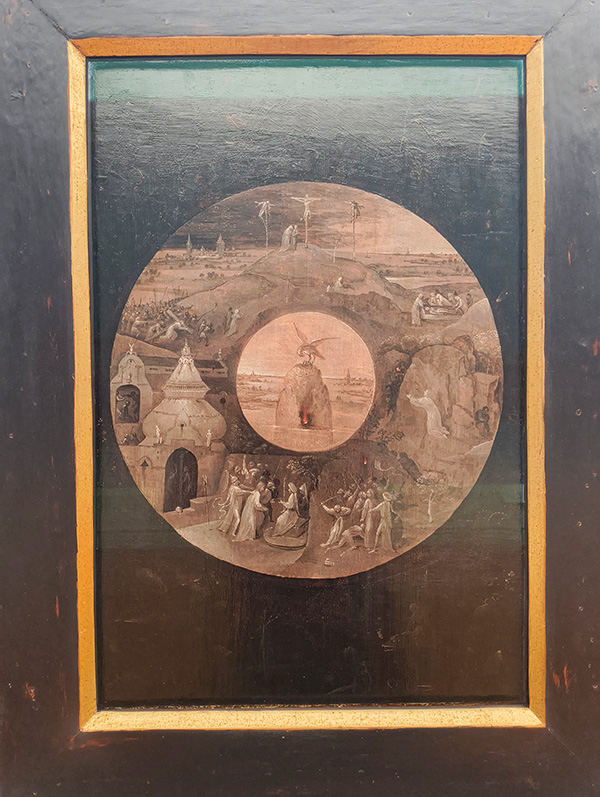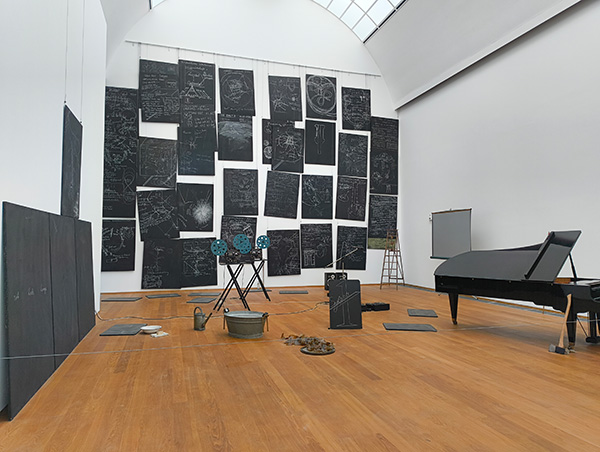‘What is preserved – the thing or the work of art – is a bloc of sensations, that is to say, a compound of percepts and affects.
Percepts are no longer perceptions; they are independent of a state of those who experience them. Affects are no longer feelings or affections; they go beyond the strenghth of those who undergo them. Sensations, percepts and affects are beings whose validity lies in themselves and exceeds any lived. The could be said to exist in the absence of man because man, as het is caught in stone, on the canvas or by word, is himself a compound of percepts end affects.
The work of art is a being of sensation and nothing else: it exists in itself.’
‘Composition, composition is the sole definition of art. Composition is aesthetic and what is not composed i snot a work of art. However, technical composition, the wprk of the material that often calls on science (mathematics, physics, chemistry, anatomy) is not to be confused with aesthetic composition, which is the work of sensation. Only the latter fully deserves the name composition and a work of art.’
‘There is only a singular plane in the sense that art includes no other plane than that of aesthetic composition: in fact, th etechnical plane is necessarily covered up or absorbed by the aesthetic plane of composition. ‘
‘What defines thought in its three great forms – art, science and philosophy – is always confronting chaos, laying out a plane over chaos. But philosophy want to save th einfinte by giving it consistency: it lays out a plane of immanence that, through the action of conceptual personae, tales events or consistent concepts to infinity. Science, on the other hand, relinquishes the infinite in order to gain reference: it lays out a plane of simply undefined coordinates that each time, through the the action of partial observers, defines states of affairs, functions or referential propositions.’
‘The three thoughts intersect and intertwine but without synthesis or identification. With its concepts philosophy brings forth events. Art erects monuments with its sensations. Science constructs states of affairs with its functions. ‘
Gilles Deleuze and Félix Guattari: What is phylosophy?
Translated by Hugh Tomlinson and Graham Burchell







